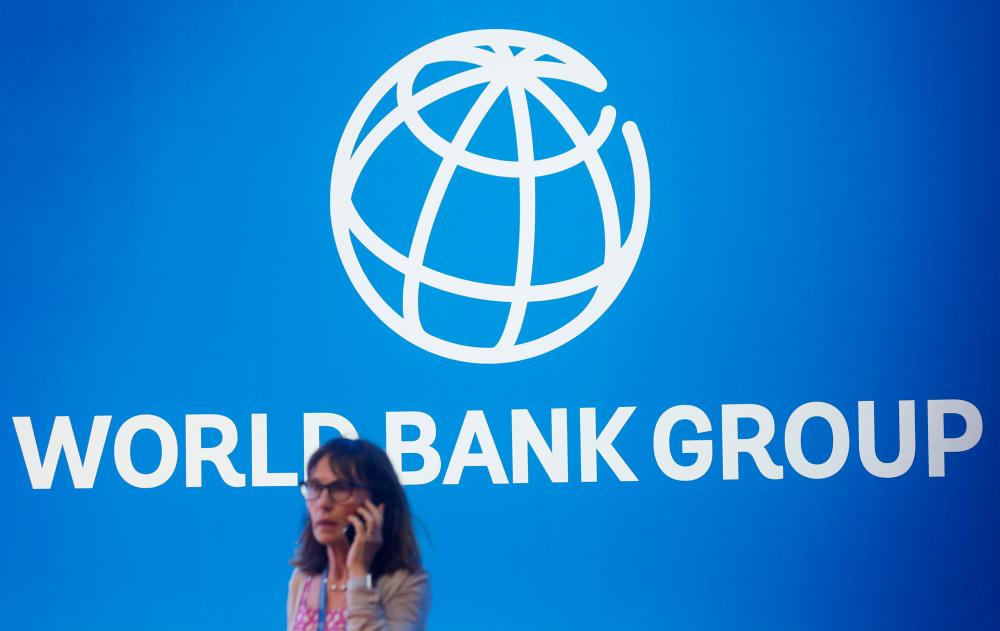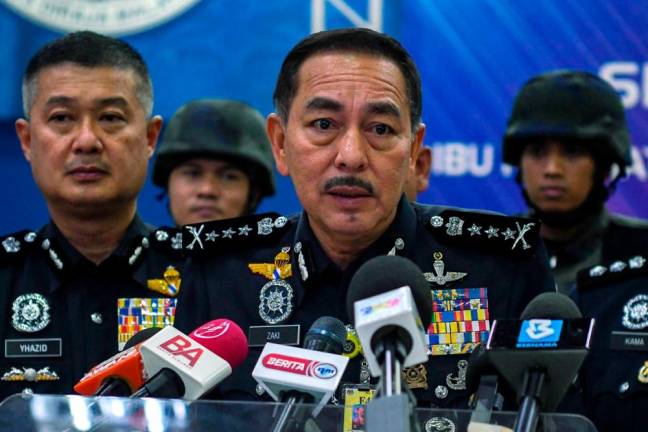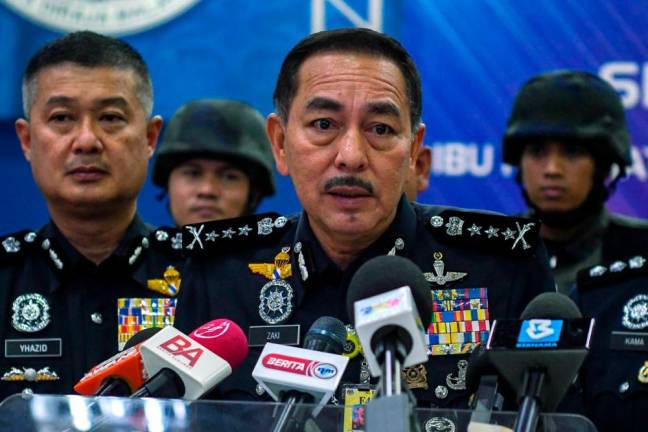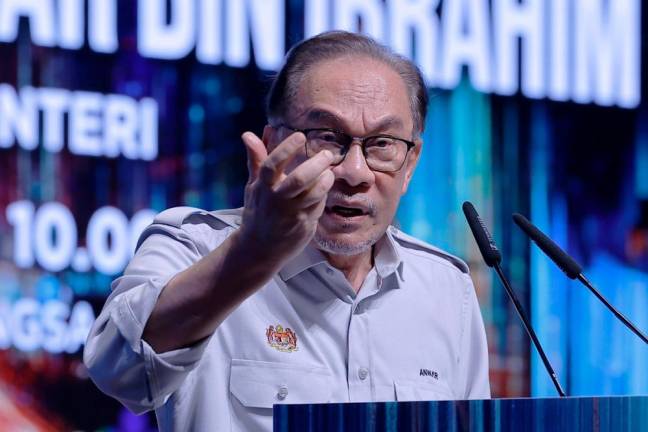THE Covid-19 pandemic has hit the poorest and most vulnerable people in developing countries the hardest, worsening inequality and exacerbating existing challenges. Unfortunately, the delays in beginning the vaccination process in developing countries are deepening global inequality and leaving millions of elderly and vulnerable at risk.
Beyond the pandemic’s immediate harm, it is leaving lasting scars: children missed vital schooling and related childhood nutrition and vaccination programmes; businesses collapsed with job skills lost; savings and assets have been depleted; and debt overhangs are depressing investment and preventing urgent social spending.
The World Bank has moved quickly to help countries respond in three steps – emergency health programmes in more than 100 countries early in the crisis; vaccination readiness assessments completed in over 140 countries by the end of 2020; and Covid-19 vaccination financing and delivery operations that will reach at least US$4 billion of commitments in 50 countries by mid-year.
In addition to vaccination programs, we’re working to focus our financing and expertise on impactful programs that will save lives and livelihoods, while supporting green, resilient, and inclusive development.
To help countries address climate-related goals, the World Bank Group will commit at least 35% of our financing over the next five years (US$100 billion) to support developing country climate investments.
Looking towards the future, at least half of our total climate finance will be for high impact “adaptation” efforts, to help countries prepare for harmful climate effects. Our focus on adaptation recognises the reality that climate change hits the poorest countries hardest, even though their contribution to greenhouse gas emissions is minimal.
Adding to inequality, many of the poorer countries are coping with record debt burdens that charge high interest rates, even as rates in advanced economies stay near zero. Even before the pandemic, half of all low-income countries were already in debt distress or at a high risk of it. When the pandemic struck, I called for debt relief for the poorest countries starting with an immediate moratorium on debt service. The G20’s Debt Service Suspension Initiative provided temporary relief for 43 countries to postpone around US$5.7 billion in debt-service payments between May and December of 2020.
In April, the G20 announced a common framework under which countries with unsustainable debt burdens could achieve a moderate debt position. Working with the IMF, we’re supporting the implementation, but many of the sovereign debt contracts made in recent years contain provisions that make debt analyses and restructurings difficult, including collateralisation, non-disclosure clauses, and impediments to comparable treatment.
The policy imbalance in fiscal and monetary stimulus is another important contributor to inequality. Fiscal stimulus and Covid-related support measures are concentrated in the advanced economies, and these efforts are failing to help people in the developing world.
Global monetary policy suffers from an even greater imbalance because central bank bond buying and credit regulation direct resources to only the safest, most sophisticated institutions, crowding out other borrowers.
The World Bank Group is dedicated to helping countries achieve constructive change as we work with every sector towards our core mission of alleviating poverty.
This article was contributed by World Bank Group president David Malpass.










